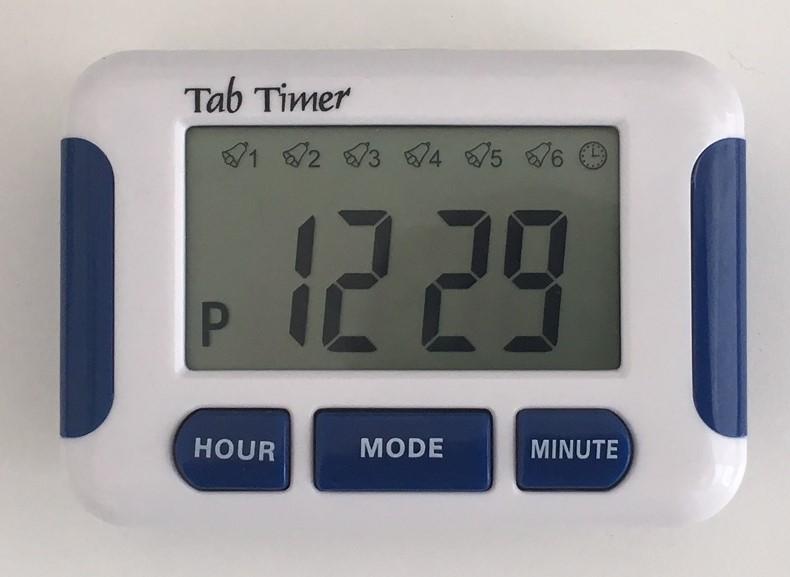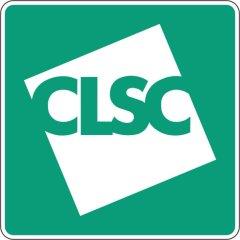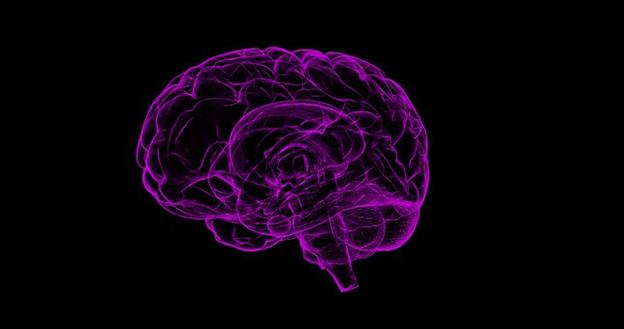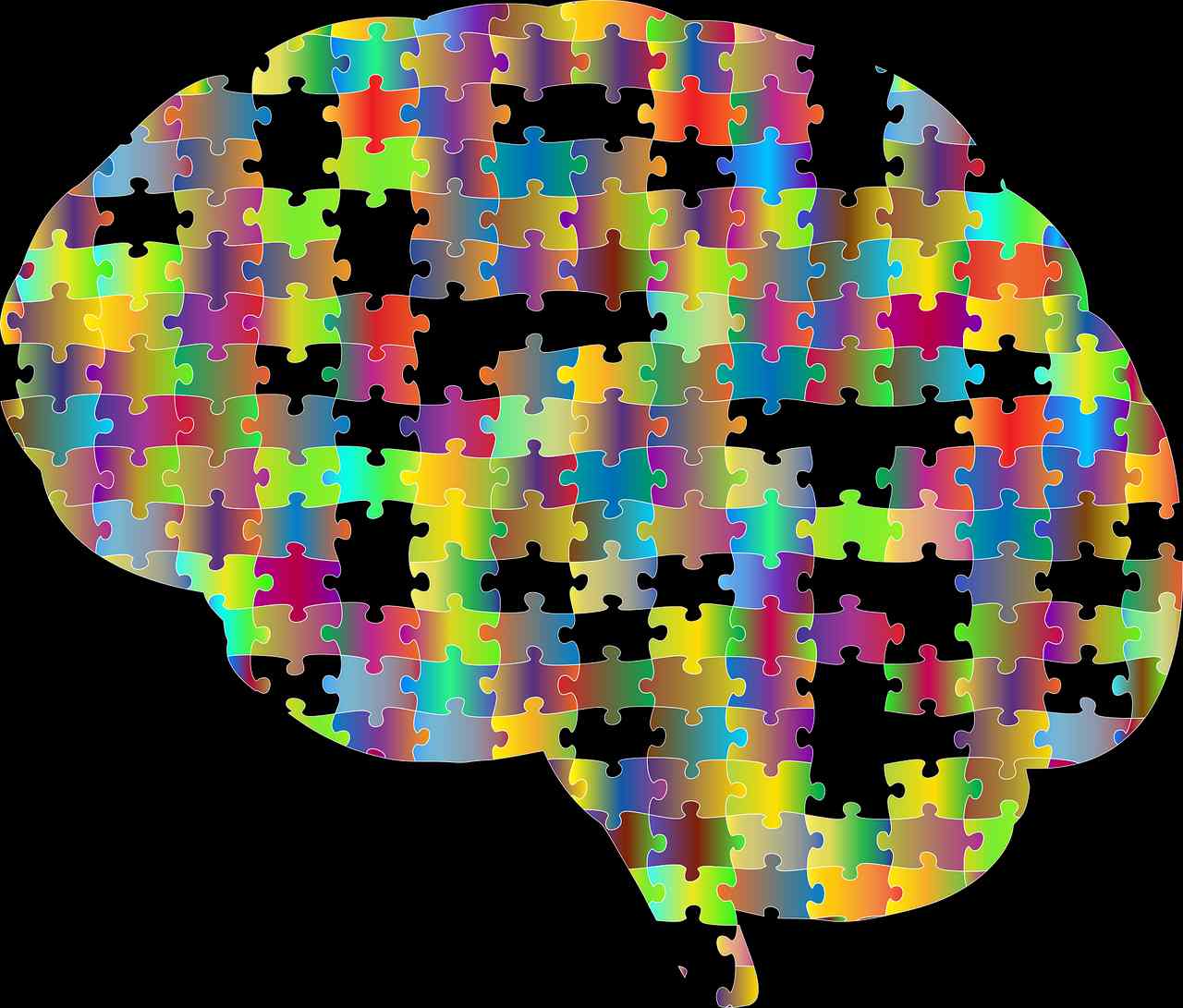
Medication for Memory and Cognition in Alzheimer’s Disease
While not curable (for now), Alzheimer’s disease and its symptoms can be treated. In this piece, we list and explain the different medications that can help better manage this disease and clarify how they work and what their side effects can be.
Several drugs are used to treat Alzheimer’s disease and its symptoms. There are generally two categories: (1) drugs for cognition and (2) drugs for the behavioral and psychological symptoms of dementia (or BPSD – to learn more, read our article on BPSD).
Here are the most frequently asked questions (and their answers) about drugs used for cognition.
1. What drugs work on cognition (including memory)?
There are two types: acetylcholinesterase inhibitors (AChEI) and memantine. There are three AChEIs: donepezil (whose trade name is Aricept), rivastigmine (Exelon) and galantamine (Reminyl). Memantine is marketed under the name Ebixa.
2. When are they prescribed?
Acetylcholinesterase inhibitors are generally prescribed for mild to moderate Alzheimer’s disease. Memantine is reserved for more advanced cases (moderate to severe). When the doctor diagnoses dementia caused by Alzheimer’s disease, he will discuss with you and your loved ones the options for medications. The effectiveness of the three IAChE is equivalent. Since each person is unique, the risks and benefits must be assessed individually before starting the medication.
3. How do they work?
AChEIs work by increasing the amount of acetylcholine, one of the most important neurotransmitters. Neurotransmitters are molecules that allow communication between neurons in the brain. We know that Alzheimer’s disease causes a decrease in acetylcholine: it is this loss that AChEIs aim to reverse. Memantine is a drug of another class: it works by protecting neurons from the toxicity of another neurotransmitter, glutamate.
4. How effective are they?
The efficacy of AChEIs and memantine has been demonstrated in controlled studies. However, these are not miracle drugs. They do not directly address the causes of Alzheimer’s disease, but slow the deterioration of memory and other cognitive functions. In studies, the cognitive functions of patients under AChEIs declined less rapidly than those without medication. Memantine showed mostly a positive effect on behavior and aggression.
5. What are the side effects ?
Side effects of AChEIs are mainly digestive: nausea, vomiting, diarrhea, loss of appetite and weight loss. These side effects arise in less than 10% of patients and occur mainly at the beginning of treatment and when the dose is increased (this is where you have to be vigilant). AChEIs can in rare occasions cause dizziness and loss of consciousness. They are therefore not prescribed if a patient has heart rhythm diseases (very slow heart). Memantine has few side effects.
6. What are the options for other forms of dementia that are not Alzheimer’s?
Alzheimer’s disease is the most studied and best known form of dementia. Fortunately, we know more and more about other forms of dementia too. Since drug options vary depending on the form of dementia, it is important to get a good medical evaluation and diagnosis before considering treatment with your doctor.
To continue reading questions and answers about other drugs commonly prescribed for Alzheimer’s disease, and those for BPSD (Behavioral and Psychological Symptoms of Dementia), click here.














